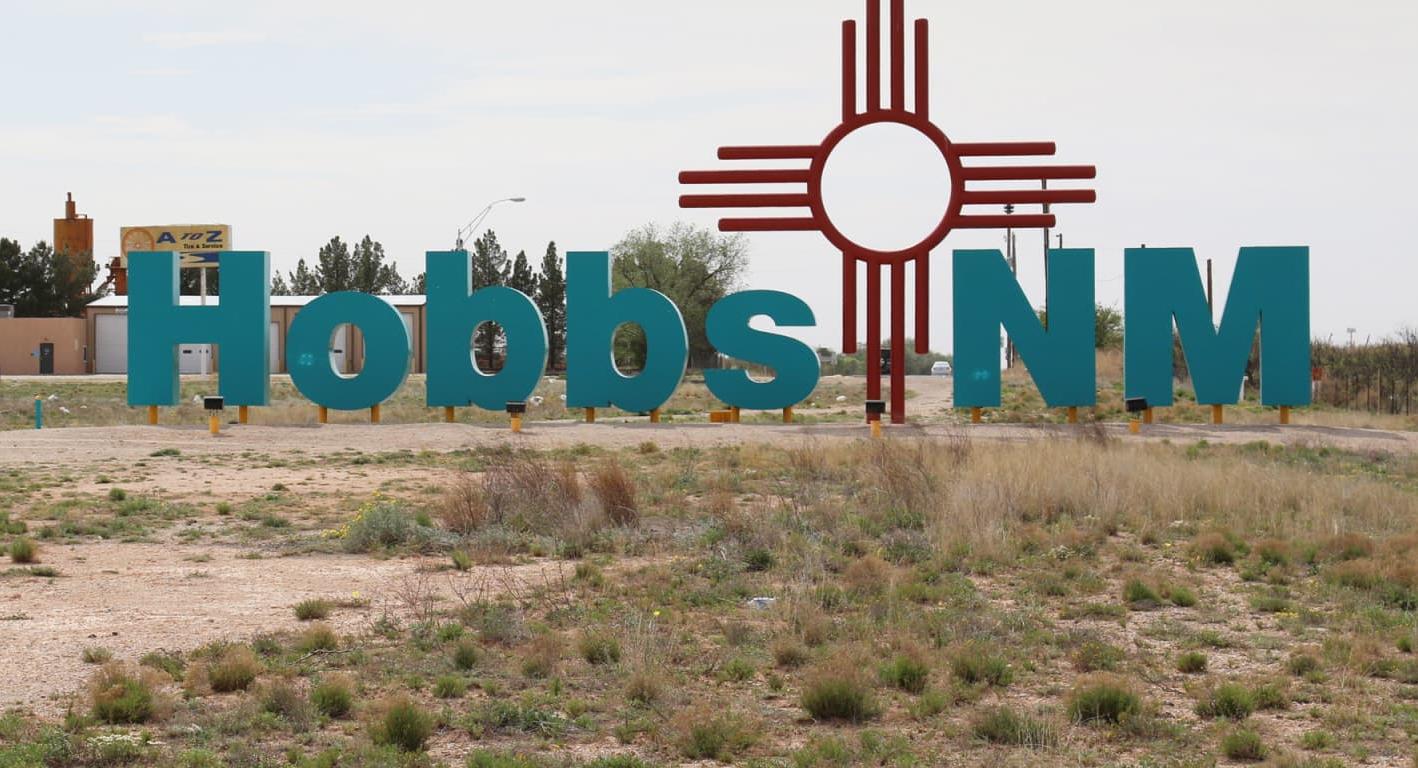
In April of 2019, New Mexico Governor Michelle Lujan Grisham signed into law House Bill 6 (HB6). This legislation mandated intricate changes to New Mexico tax laws.
Internet Sales
A positive component of HB6 is the taxing of Internet sales. Most local officials like the idea, as it helps area retailers compete with big box online stores.
Before the 2019 legislation, online sales in New Mexico, as a result of a tax loophole, were not subject to sales tax. “Prior to HB6, internet sales were not considered taxable transactions to cities and counties,” states Carlsbad Mayor Dale Janway in an article published in the Carlsbad Current Argus. With HB6 everything changed, and communities now collect revenue from online sales.
The Gross Receipts Tax
However, many local officials do not consider the aspect of HB6 involving a gross receipts tax (GRT) as much of a good thing for their communities. The simple fact is that HB6 is redirecting GRT revenue from local communities to the state.
With the new legislation, a GRT is applied according to the final location of a product or service instead of on where the company that provides the product or service is located.
As local residents know, the areas around Hobbs, Lovington, Jal and Tatum are dotted with oil patch businesses that do not operate within the city limits of these four communities. Under the mandate of the GRT component of HB6, the state, rather than these communities, collects the GRT for any transactions taking place outside of the city limits of these municipalities. The result is that local communities lose monthly revenue because of the new law.
According to a KVIA.com news report, Hobbs City Commissioner Dwane Penick, who hopes to be re-elected to his District 5 seat in the March 1 Municipal Election, says that the City of Hobbs is losing somewhere between $20,000 — $25,000 in tax revenue each month because of the new law. KRQE News reports Penick estimating the amount of lost revenue to be as much as $30,000 each month. This loss of this revenue directly affects the city’s ability to provide adequate public safety and services to its residents, according to opponents of the change.
“Among other things, [the new law] was billed as a way to help communities by requiring a company to pay gross receipt tax (GRT) where services are provided rather than where the company is located,” states an article posted at APNews.com. However, the reality is that rural communities like those in Lea County are losing, not sustaining or gaining revenue, as a result of HB6.
City Officials Want HB6 Amended
Both Commissioner Penick and Hobbs Mayor Sam Cobb are very concerned about the fact that their city is losing needed tax revenue. Consequently, they are rallying to have HB6 amended. Proactively, the City of Hobbs has hired lobbyists to work for an amendment during the current 2022 legislative session.
Carlsbad’s Mayor Janway is on the same page as Commissioner Penick and Mayor Cobb. He agrees that HB6 should be reworked to ensure that rural communities are not negatively impacted by the GRT, while at the same time maintaining the Internet sales tax. “We want our local companies to be able to fairly compete with out of state companies,” he says.
Exactly What Is New Mexico’s GRT?
New Mexico’s GRT is like a sales tax with unique characteristics. A normal sales tax is imposed on goods and services, whereas “the GRT is imposed on the privilege of doing business in New Mexico,” states an article at TheTaxAdviser.com.
Before the passage of HB6, “a business was subject to the GRT only if it had a physical presence in New Mexico.” All of this has changed. Now a “remote seller” or a “marketplace provider” that has no physical presence in New Mexico is still categorized as being “engaged in business in the state and will incur a GRT obligation….”
While New Mexico is one of only a handful of states that implement a GRT in some form, it has been an important part of the revenue streams for local communities. Much of the argument about GRT revolves around how much tax should be paid or whether the state should have a GRT at all. However, this particular change in the rules has changed the beneficiary of much of the revenue. With that their communities are losing tax revenue, local officials do not want funds collected from GRT obligations under HB6 to go to the state, pushing their communities out of the equation.


